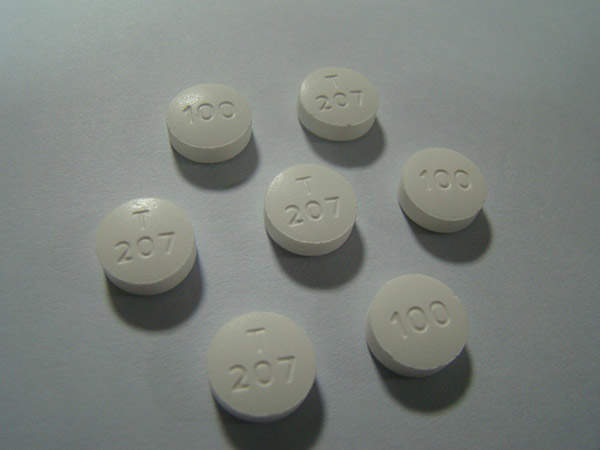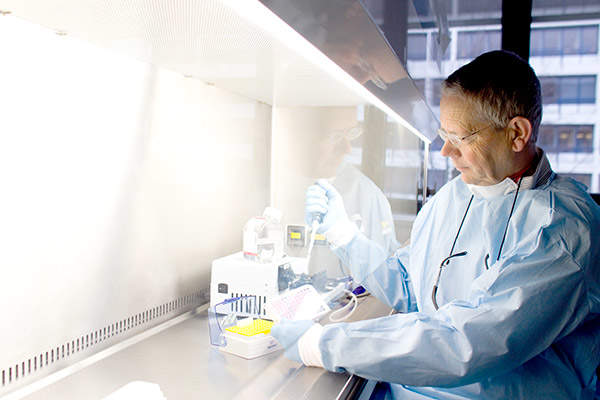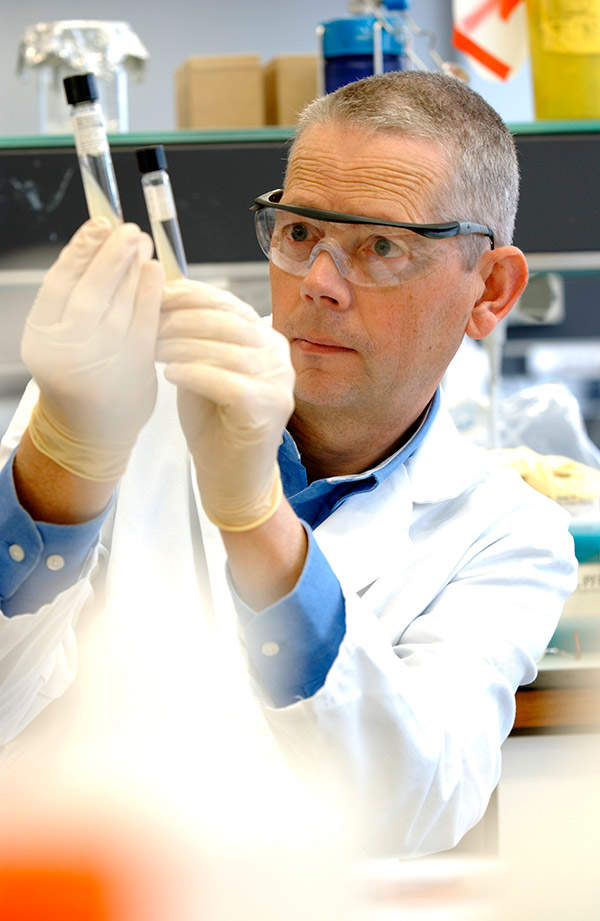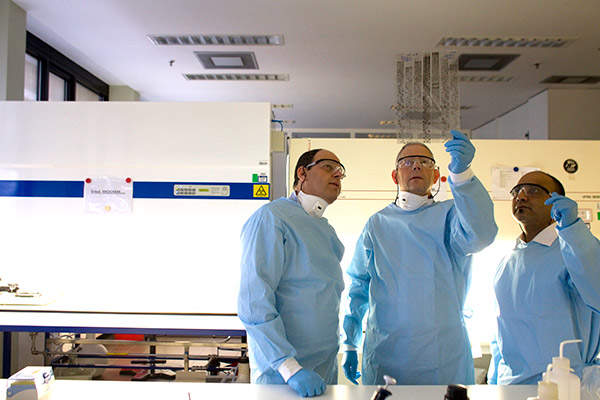Sirturo (bedaquiline) was developed by Janssen Therapeutics, a division of Janssen Products. It is indicated for the treatment of multi-drug resistant tuberculosis (MDR-TB).
Sirturo received accelerated approval from the US Food and Drug Administration (FDA) for the treatment of MDR-TB in December 2012.
Janssen expects to commercially launch Sirturo across the US in the second quarter of 2013. Sirturo is the first drug approved for the treatment of MDR-TB in 40 years.
Multi-drug resistant tuberculosis (MDR-TB) disease details
The condition is characterised by resistance to two of the TB treatment drugs, which include isoniazid and rifampin.
MDR-TB affects about 630,000 people each year worldwide. The World Health Organization (WHO) estimates that MDR-TB will affect over two million people between 2011 and 2015. It was designated as an orphan disease in the US, as it was reported in 98 patients in 2011.
Sirturo’s (bedaquiline) mechanism of action
Sirturo is a diarylquinoline antimycobacterial drug. The drug works by inhibiting the mycobacterial pathogens that are responsible for the Mycobacterium tuberculosis. The drug is available in 100mg tablets for oral administration.
Clinical trials on bedaquiline / Sirturo
The FDA approval for Sirturo was based on the data received from two Phase II clinical studies known as TMC207-C208 study 1 and study 2. The clinical studies enrolled more than 440 patients with MDR-TB.
The first TMC207-C208 study was a placebo-controlled, double-blind, randomised trial. It was conducted in newly diagnosed patients with MDR-TB. The patients were randomly treated with Sirturo and other drugs, or placebo plus other drugs. The other drugs used in the clinical study included ethionamide, kanamycin, pyrazinamide, ofloxacin, and cycloserine / terizidone.
Sirturo was administered to the patients in a 40mg once-daily dose for the first two weeks and a 200mg dose three times a week for the following 22 weeks. The study was further continued for up to 72 weeks. The primary endpoint of the study included finding the time to sputum culture conversion (SCC).
The study’s results demonstrated that the patients who were treated with Sirturo had decreased time to culture conversion. The Sirturo-administered patients also improved culture conversion rates, when compared to the placebo group, at week 24. The average time to SCC in Sirturo-administered patients was 83 days, while it was 125 days in placebo group patients.
The culture conversation success in Sirturo treatment group was 77.6% after 24 weeks of the study, while the success rate in placebo group was 57.6%. Treatment failure occurred in 22.4% of the patients in the Sirturo group whereas it was 42.4% in the placebo group.
The culture conversation success after 72 weeks of the study was about 70.1% in Sirturo-administered patients, while in the placebo group it was 56.1%. 29.9% patients in the Sirturo-administered group experienced treatment failure, while in placebo group it was 43.9%.
The second TMC207-C208 study was a randomised and placebo-controlled clinical trial, which was designed on similar lines to the TMC207-C208 study one. The patients in study two were treated for eight weeks. They were randomised to be administered with either Sirturo or placebo. Sirturo was administered randomly in 21 patients, while placebo treatment was given to 23 patients.
The results of study two showed that the patients treated with Sirturo had a decreased time to culture conversion at week eight. The patients treated with Sirturo also improved culture conversion rates when compared to the placebo. The average time to SCC in Sirturo group patients was 57 days.
The common side effects identified in both the clinical studies included nausea, joint pain and headache.
Janssen plans to initiate Phase III clinical trials on Sirturo in the first quarter of 2013. The Phase III trial will compare Sirturo with placebo in a nine-month clinical study.






